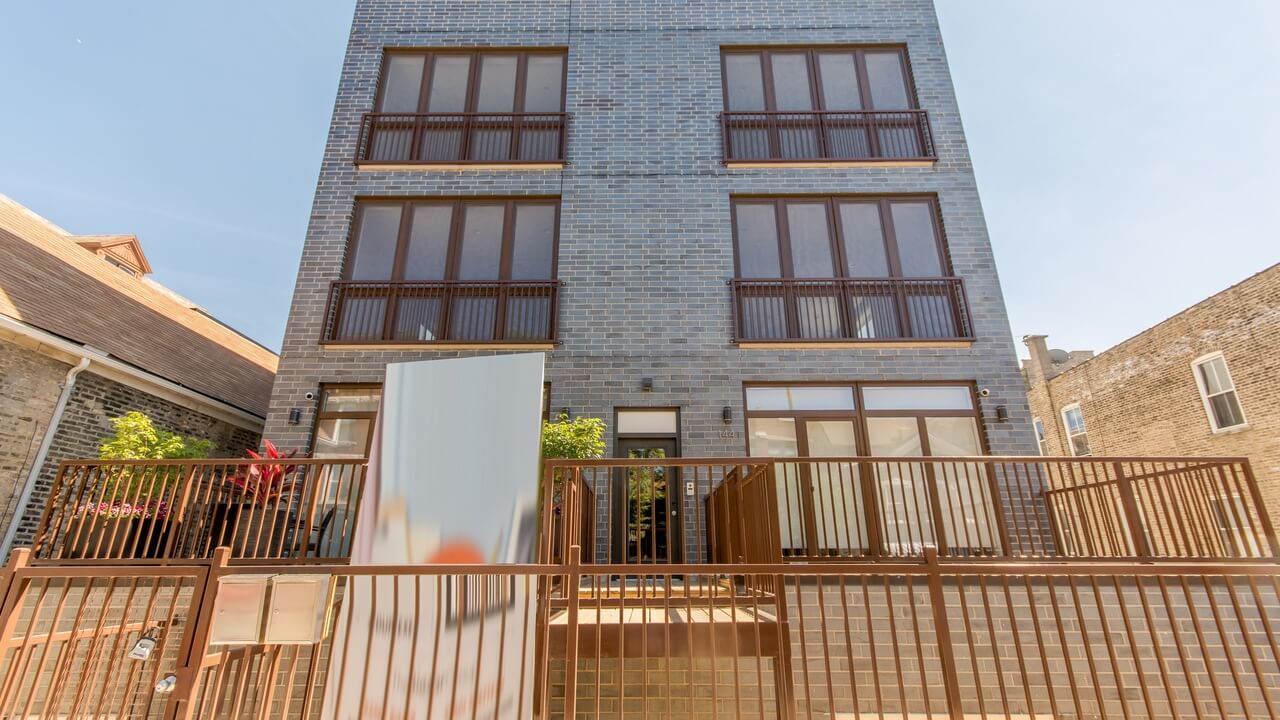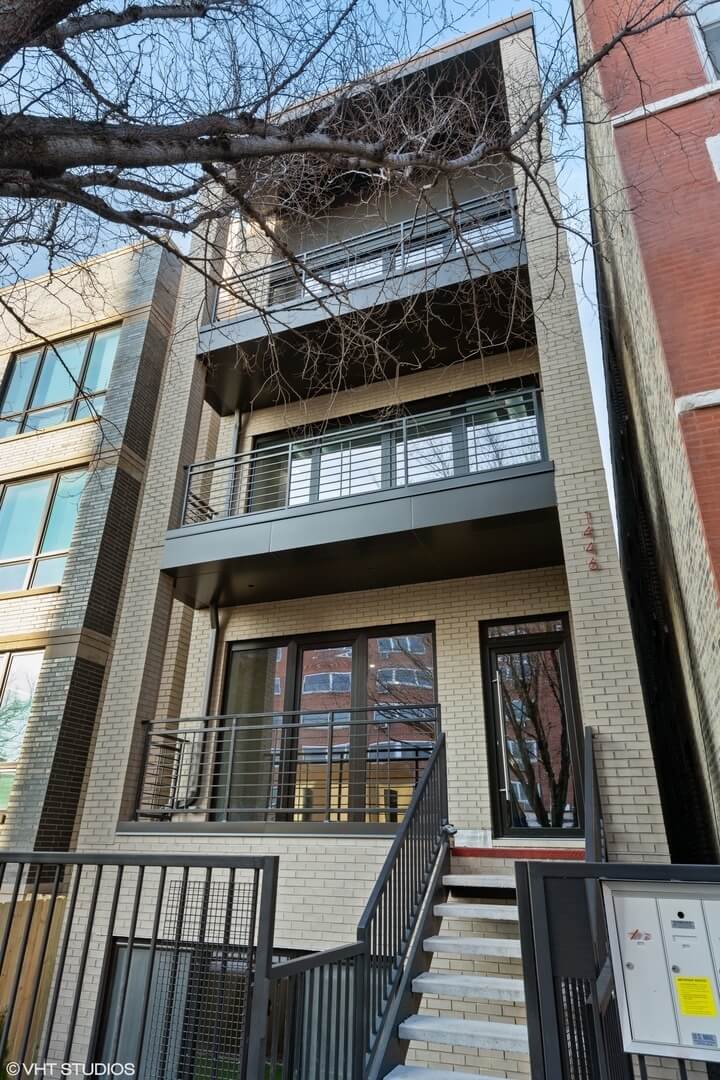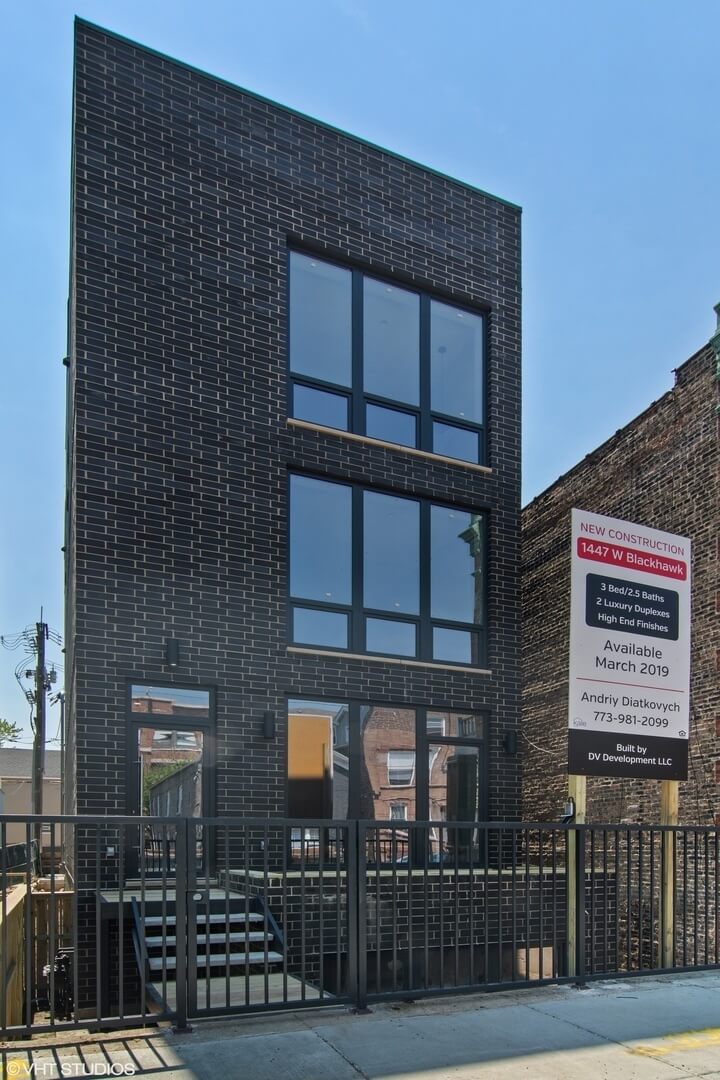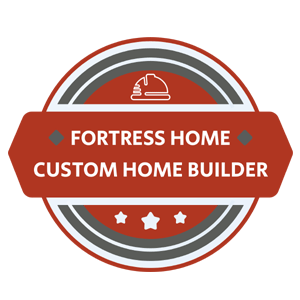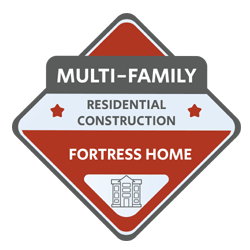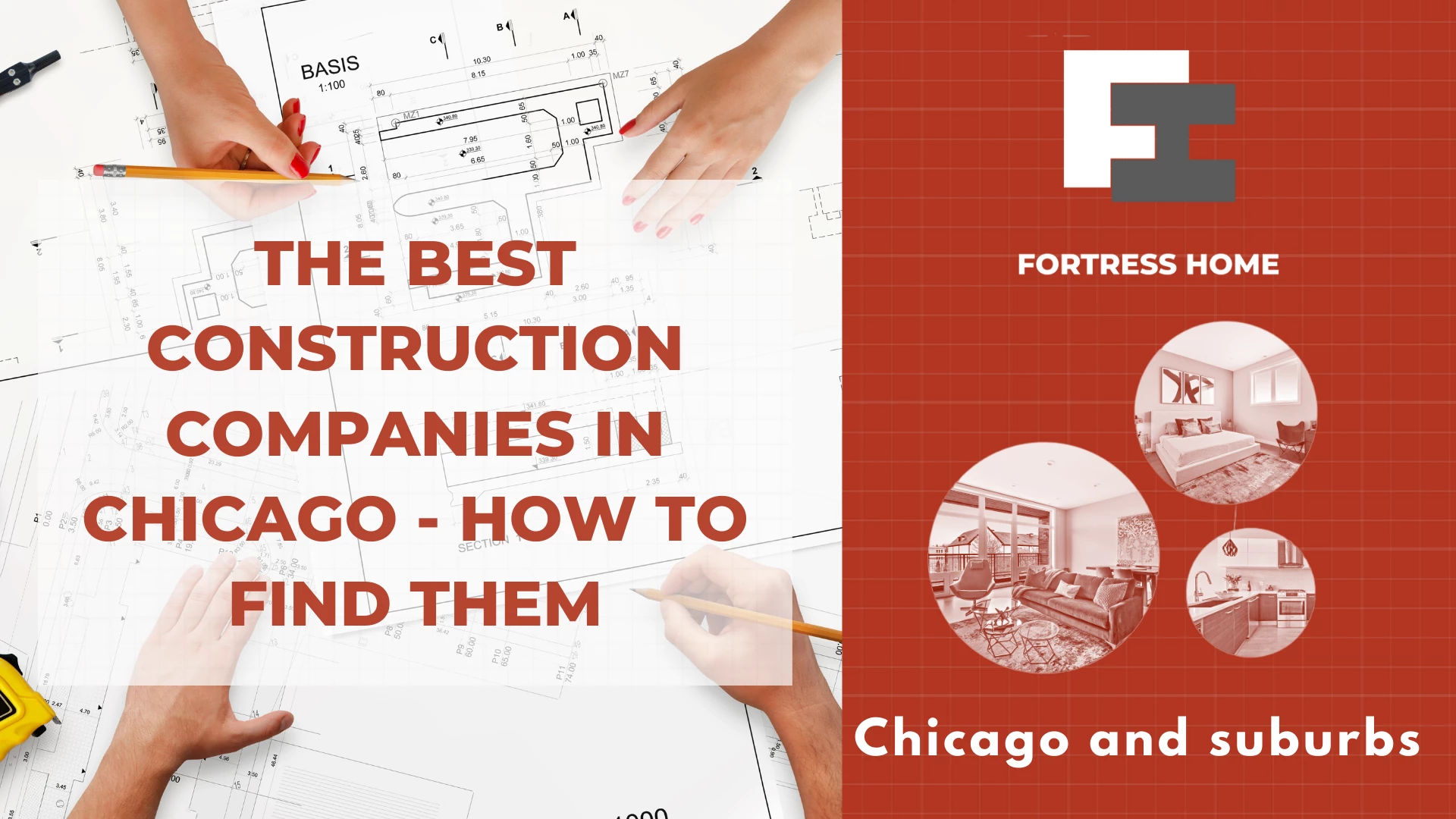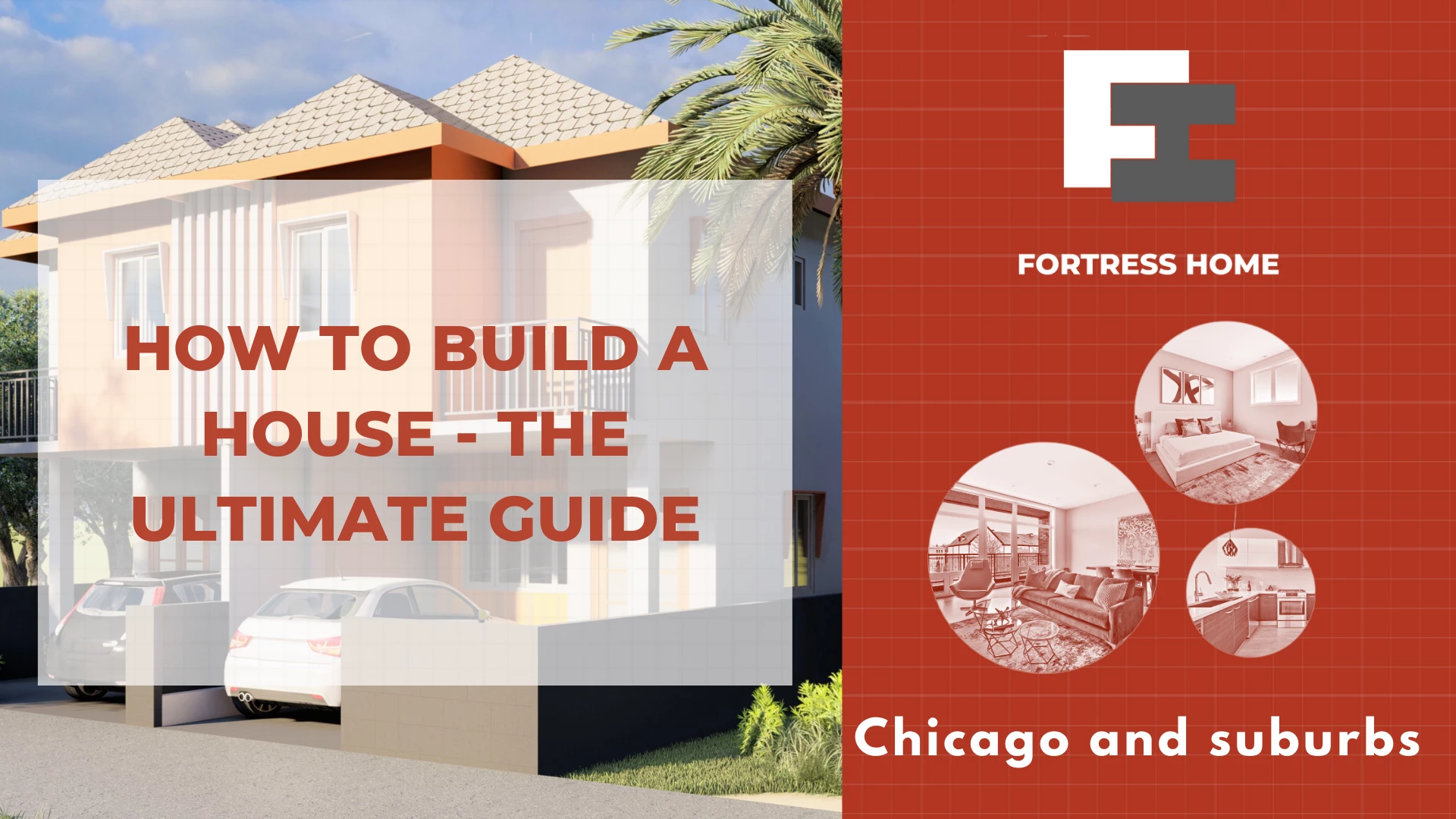Your Complete Guide to the Advantages of a Concrete House
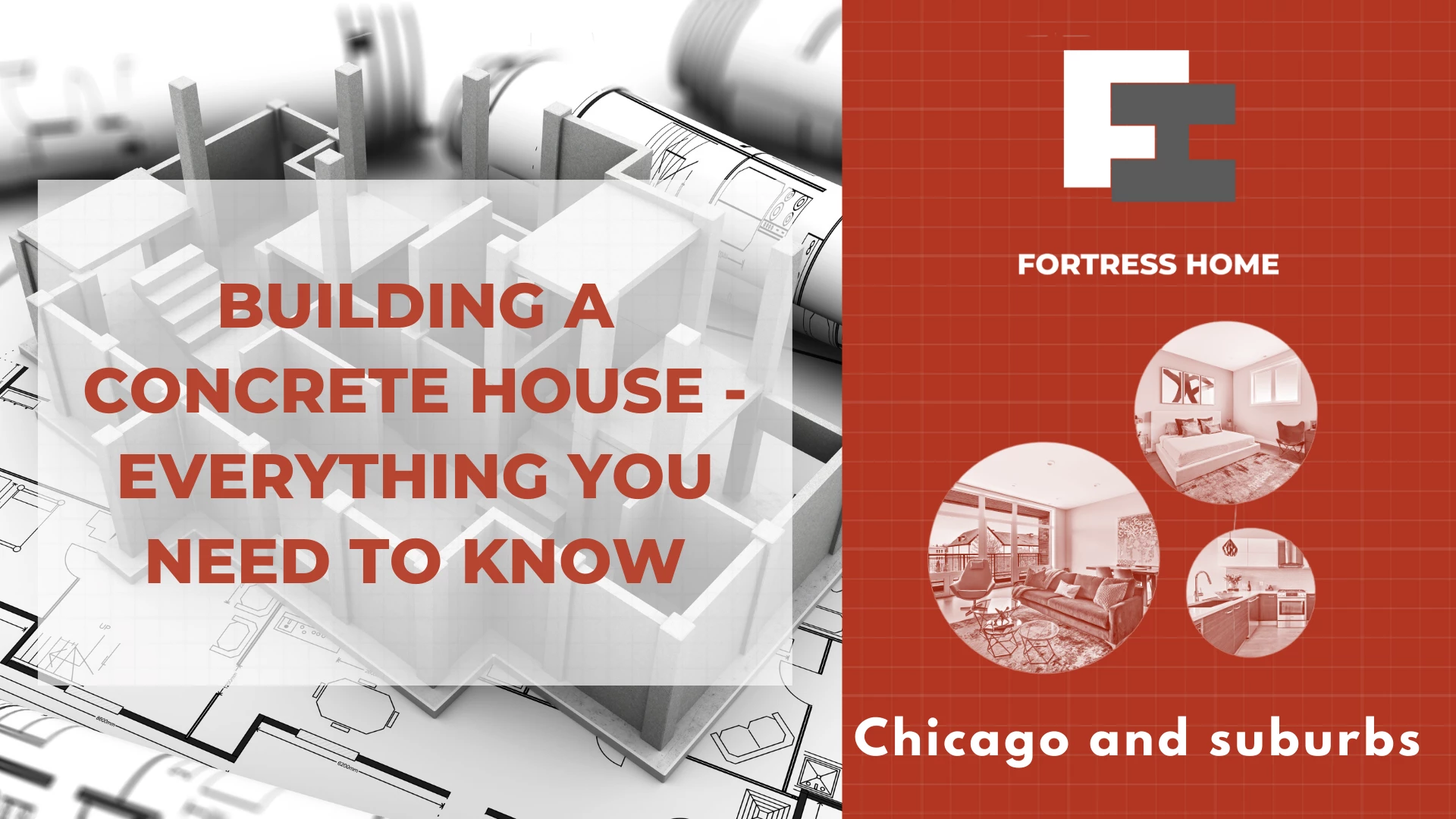
If you're interested in a new modern home you might be wondering about building a house out of concrete. This style of house can be very modern and flexible and has a lot of advantages over traditional building materials. We look at the main types of residential concrete construction as well as the advantages and disadvantages of each. If you're looking for the top concrete construction companies, speak to Fortress Home today to learn about their expertise as Chicago's best concrete house builders.
What is a concrete house?
Did you know that types of cement construction have been around for over 8,000 years, although the material has been refined over time? According to the International Association of Certified Home Inspectors limestone was used in the Middle East around 6500 BC as mortar for watertight structures. The limestone reacted to the air and water, hardening to create a protective layer.
The basic form of cement we use today, Portland Cement, was invented in the early 1800s in England, and over the last century, the recipe has been refined and modified with additional agents being added to increase temperature resistance and to make it easier to work with.
After the introduction of Portland Cement, it took a while before concrete homes were socially acceptable, and it was initially just used for industrial construction. The first 'modern' concrete houses were built in England and France around 1880.
Nowadays concrete homes are considered modern, stylish, and desirable.
Concrete or cement
Many people use the words cement and concrete interchangeably but actually, cement is just one of the ingredients that are used to make concrete, and actually makes up just 10 - 15% of the finished product. Concrete is made up of:
- sand
- gravel or crushed stone
- water
- cement
The cement and water paste mix harden to make the finished cement. And this hardening process doesn't stop after a few hours or days - it can actually continue for years, making concrete even harder over time.
Why would you want a concrete house?
If you're serious about building a concrete home it's important to weigh up the pros and cons before you start the concrete home construction process.
Advantages of concrete homes
Environmentally friendly
A concrete home has many environmental advantages over a wood frame construction. These include:
- Your heating and cooling costs will be reduced thanks to the great options for insulating concrete forms and other forms of concrete insulation.
- Your house will be more sustainable as the materials used in concrete are much more sustainable and have a lower carbon footprint than those used in a wood-frame home.
- Recycled materials can also be used in concrete home construction, making them a more environmentally sound choice.
Weather and pest resistant
Concrete house construction is very durable when it comes to extreme weather or pests:
- Concrete homes can withstand wind speeds of up to 250mph so are great for hurricane-prone areas.
- Unlike a wood frame house, there is nothing for termites and other pests to snack upon.
- Concrete homes are also very resistant to moisture with no wooden frames to get damaged by damp.
